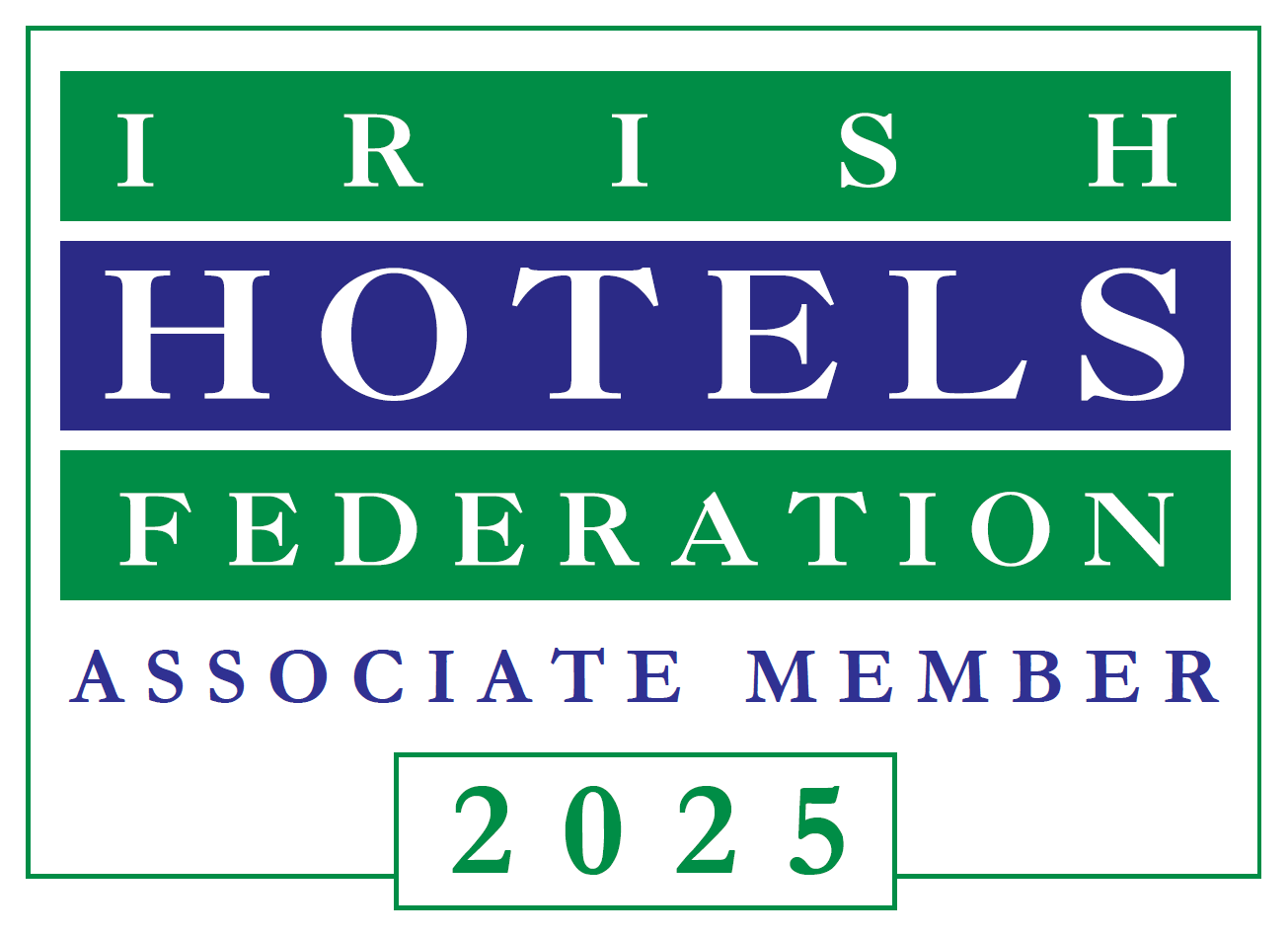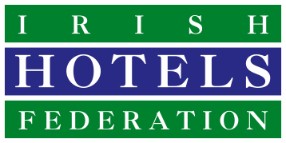




Profit optimisation in the hospitality industry has long centred on the successes of full-service and resort hotels, with limited- and select-service hotels firmly outside of the spotlight. This oversight is rooted in a common belief among hoteliers: the assumption that limited-service establishments don't reap as much benefit from revenue management technology and practices. Despite this line of thinking, the adoption of such technology by select-service operators has seen a dramatic upswing.
Fair or not, part of this reluctant embrace of revenue management technology in some segments of the industry stems from operators’ misconception that revenue management technology was not designed to cater to the needs of select-service hotels.
Historically, many revenue management tools and professionals primarily focused on helping hotels optimise room rates across many room types and attracting guests to the types of premium amenities only found in full-service or resort properties. In contrast, select-service hotels, often lacking these differentiators, faced challenges in optimising profit margins under competitive pricing pressures and shorter booking windows. The shift towards automated, data-driven solutions is addressing these unique challenges, with major hotel brands and groups now recognising the value of revenue management across all property types.
Today, key players in the industry are embracing revenue science strategies, regardless of their property’s size, historical Average Daily Rates (ADRs), or the additional services and amenities available on site.
Evolving Strategies and Technologies
While the discipline of revenue management in the hospitality sector spans over four decades, that’s still a relative blip in the history of travel and accommodation. The traditional approach of setting static room rates for an undefined period gave way to dynamic pricing models, inspired by yield management strategies from the airline industry. This shift marked the beginning of a complex evolution, requiring hotels to adopt new techniques to maximise nightly revenue. The challenge was not just the adoption of new tools, but also breaking away from deep-rooted operational habits.
Hotel operators often have set expectations and depend on both internal and external forecasts to define their short and long-term success. Some may find comfort in establishing a fixed rate and being aware of its constancy at all times. Yet, the key to gaining a competitive edge, beyond merely maintaining current standings, lies in veering away from traditional strategies that are constrained by measurement limitations. This shift in approach is crucial for hotels aiming to innovate and gain an advantage in the market.
This competitive advantage almost always includes some form of speed to market as a necessary component since booking windows are more often shrinking, even if pricing strategy is designed to encourage alternative behaviour. Booking patterns have shifted, with a significant portion of reservations occurring within a very short window before arrival. This necessitates a dynamic approach to pricing and inventory management, allowing hotels to capitalise on these last-minute bookings.
Navigating New Technologies
The landscape of hotel bookings is becoming increasingly competitive, with advanced pricing, merchandising, and distribution technologies playing key roles. Despite this, a substantial number of hotels still rely on manual revenue management strategies. However, a small but growing segment of the industry is moving toward implementing sophisticated pricing and distribution strategies through automation technology, with some of the most successful hotels and properties among them.
Select-service hotels, representing a significant segment of the hospitality industry, are increasingly recognising the necessity of technology for effective profit optimisation. The value for these operators lies not only in price optimisation but also in the automation capabilities of modern revenue management systems. These solutions offer hands-off operation modes, an essential element when considering the varying operational scales and roles within these hotels.
Additionally, the scope of managing daily revenue management tasks has become more streamlined. Modern systems enable revenue managers to oversee multiple properties more efficiently, reducing the learning curve and operational burden significantly. This accessibility is particularly beneficial for hotels with limited resources or those that previously struggled with complex software interfaces.
The cornerstone of effective revenue management in today's fast-paced environment is data-driven decision-making. For many select-service hotels, the key to success lies in accessing and utilising real-time data to make informed strategic choices. When technology and human insight are combined effectively, they create a powerful tool for navigating the complexities of the current market.
Ultimately, the evolving landscape of revenue management in the hospitality industry underscores the growing importance of technology across all hotel categories. The shift towards automated, data-driven strategies is enabling hotels of all sizes and service levels to optimise profits more effectively than ever before.
Contact details
Sanja Agovic Senior Sales Account Executive 0034 620 71 87 63 Sanja.Agovic@IDeaS.comWeb ideas.com



